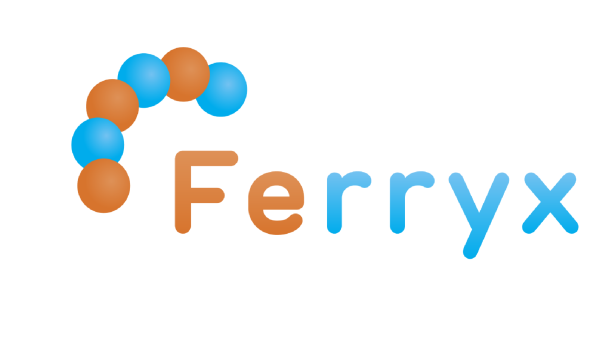Probiotic perspective: Peter gets an insight into the start-up world through PIPS at Ferryx

Peter Osborne, a student at the Earlham Institute, wanted to gain experience in an area he had not worked in before, exposure to industry and to gain an understanding of the challenges in the commercialisation of an idea developed during a PhD. Peter found his PIPS placement after following up with a contact at Ferryx after they gave a presentation at the Earlham Institute. Ferryx Ltd was formed in 2019 as a spin-out from the University of Bristol to take anti-inflammatory bacterial products into commercial production for the benefit of humans and animals.
Due to delays caused by the pandemic Peter undertook his PIPS late on in his PhD, which wasn’t what he would have planned as he had hoped to do it during his second year. He also had to the do placement remotely.
Peter had flexibility regarding projects he wanted to undertake, based on three strands of work; identifying different human targets for probiotic product, how to market the product more effectively and the different uses in the current agricultural market. Peter organised his own time and worked on the 3 areas simultaneously, regularly reporting back to one-team member via email and also through Teams meetings.
Peter learned a lot about the differences in researching for knowledge advance compared to focused research yielding recommendations that would have a commercial impact. “I enjoyed the difference in focus in a commercial research setting, needing to always be able to come back to whether it was a profitable or possibly profitable use of my time” reflects Peter. Peter felt one of the main skills he developed was to sift through different sources of information and evaluate their reliability/validity and hence use. By the end of the internship Peter was able to generate information including figures and table representation for inclusion in a new business case/funding application, and several documents summarising the sources of his data. Peter recognised the differences in progress reporting in industry compared to academic research and the need to justify/be accountable for what he had done at all stages of work.
Peter gained a lot of insight into development of new commercial products including consideration of IP ownership, involvement of internal/external collaborators (outsourcing) and marketing. He enjoyed talking with his supervisor Jenny Bailey (Chief Executive Officer) about her experience of commercialising a product/ setting up a spin-out.
Peter developed many transferable skills during the placement. “I had to make efficient use of my time and be able to justify what I was doing and why; this both helped with enhancing my personal effectiveness and developing my self-confidence” he says. He also developed his creativity, knowledge of the field in which his host was working, and communication skills. The organisation was a small start-up so he got to see how very small teams work in the commercial research space, when they decide to outsource and why, the different roles each person has to cover and the importance of searching external funding.
“My experience has helped me get a better understanding of the challenges and difficulties in going direct from a PhD into a start-up, which has provided me with a more realistic view of this as a potential future option” reflects Peter. Jenny, Peter’s supervisor, says “Peter has been a dedicated and motivated intern. He has produced some great market research for us which will be invaluable as we develop our business. Peter was very quick to adapt to life in a commercial environment compared to academia. He now has an understanding of the key differences between the two working styles and the different values appreciated by industry.”
